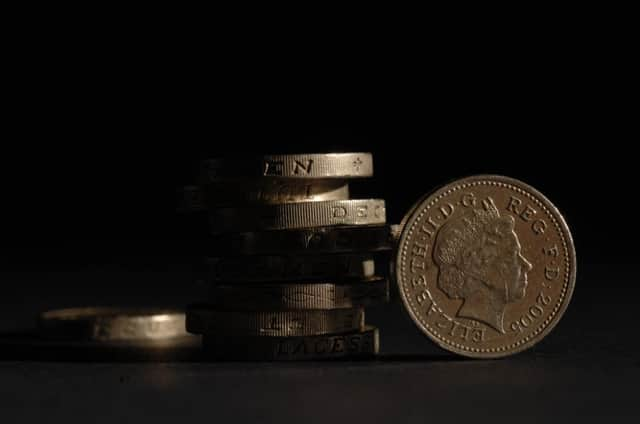David Bell: Explaining Barnett crucial for Labour


This leaves about 40 per cent of spending that could be directly paid by Scottish taxes.
The most important proposal is to extend the share of income tax from 10p to 15p of each rate band. The 10p rate is included in the Scotland Act 2012, and will become a reality in 2016.
Advertisement
Hide AdAdvertisement
Hide AdThe Office for Budget Responsibility (OBR) is charged with forecasting the revenue from the 10p share. It does so at each budget. Its forecast in March 2013 was that the value of the 10p share to the Scottish Government would be £4.3 billion in 2014-15.
Another OBR forecast for Scotland will be published alongside today’s UK budget, but is unlikely to be substantially different.
Increasing the share to 15p is likely therefore to generate around a further £2bn in revenues. Added to revenues from council tax, non-domestic rates, stamp duty and landfill tax, the additional income tax revenue will take the total to about £11bn.
This proposal does not constitute a huge increment to Scotland’s tax-raising powers.The Barnett Formula will persist. The annual grant based on the formula will be reduced to take account of the increased revenue generated in Scotland.
However, the way that the reduction will be calculated is not explained. This calculation is crucial to understanding the risks and incentives that the Scottish Government will face.
The reduction could be calculated so as to leave Scotland no better or worse off than if it did not have the new tax powers – in which case the whole exercise would have no effect on the resources available to the parliament.
Negotiations between the Scottish and UK governments on how this reduction will operate under the Scotland Act 2012 have not yet been finalised.
The proposal to raise the share from 10p to 15p increases the importance of ensuring a solution to this issue that genuinely gives the Scottish Government an incentive to boost its tax revenues.
l David Bell is Professor of economics at the University of Stirling